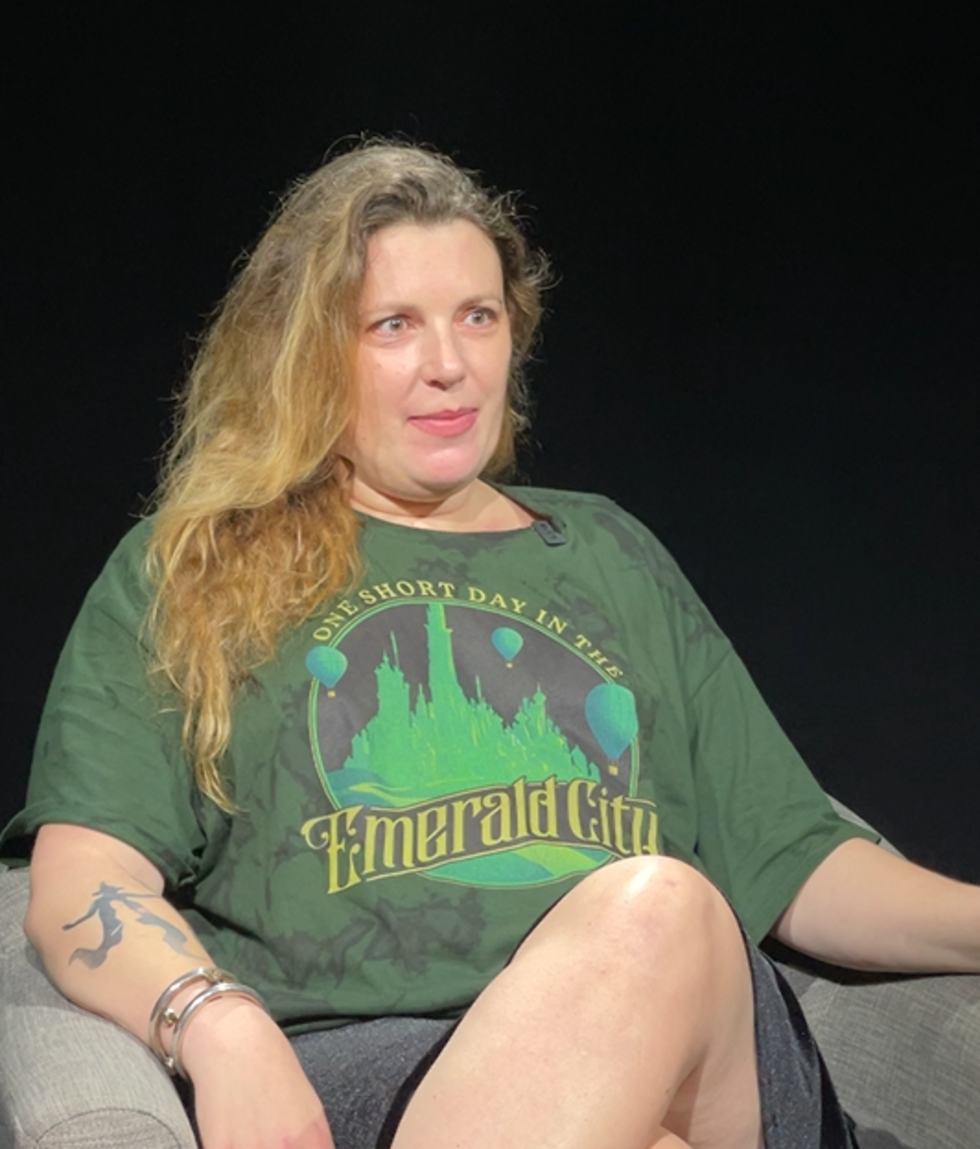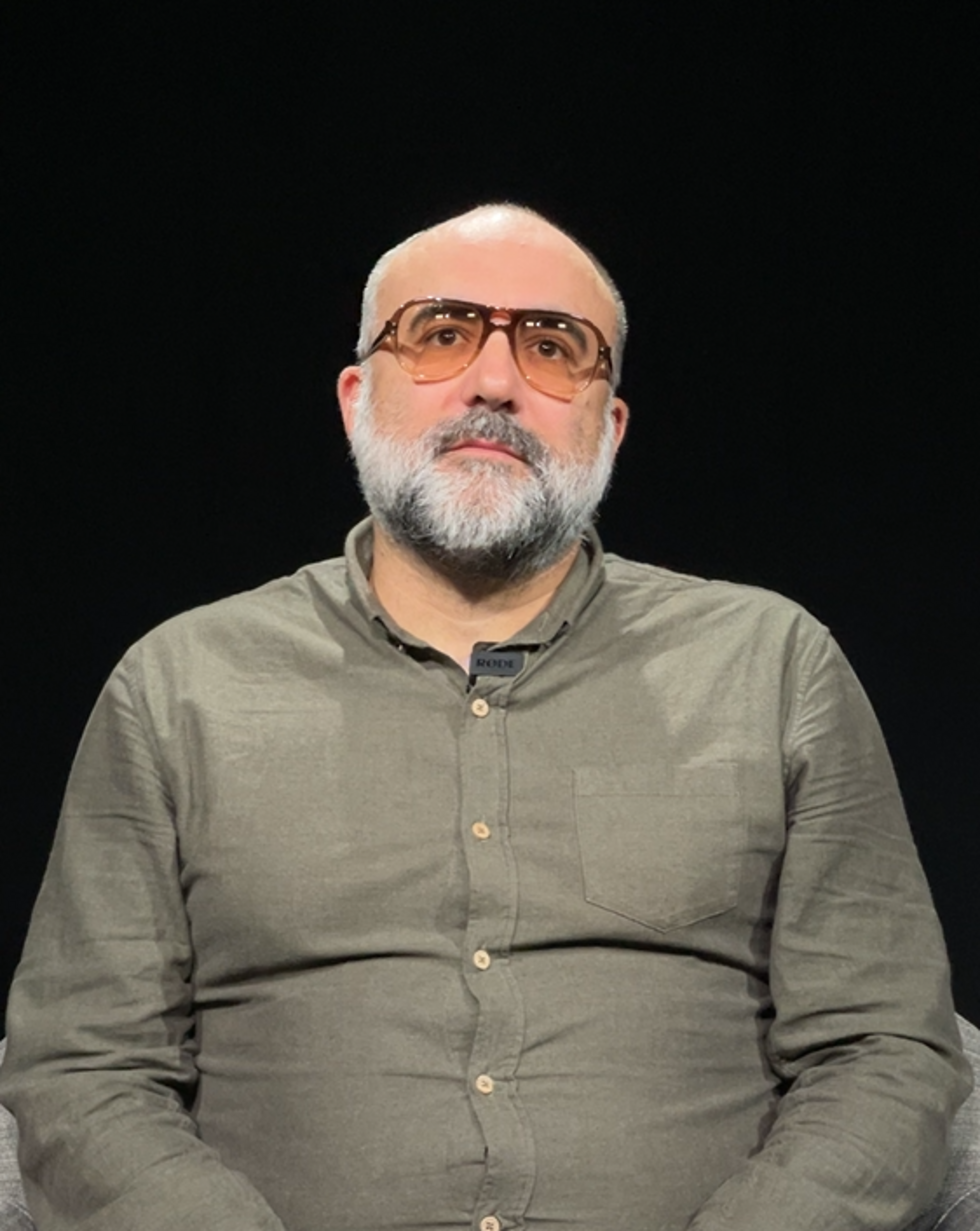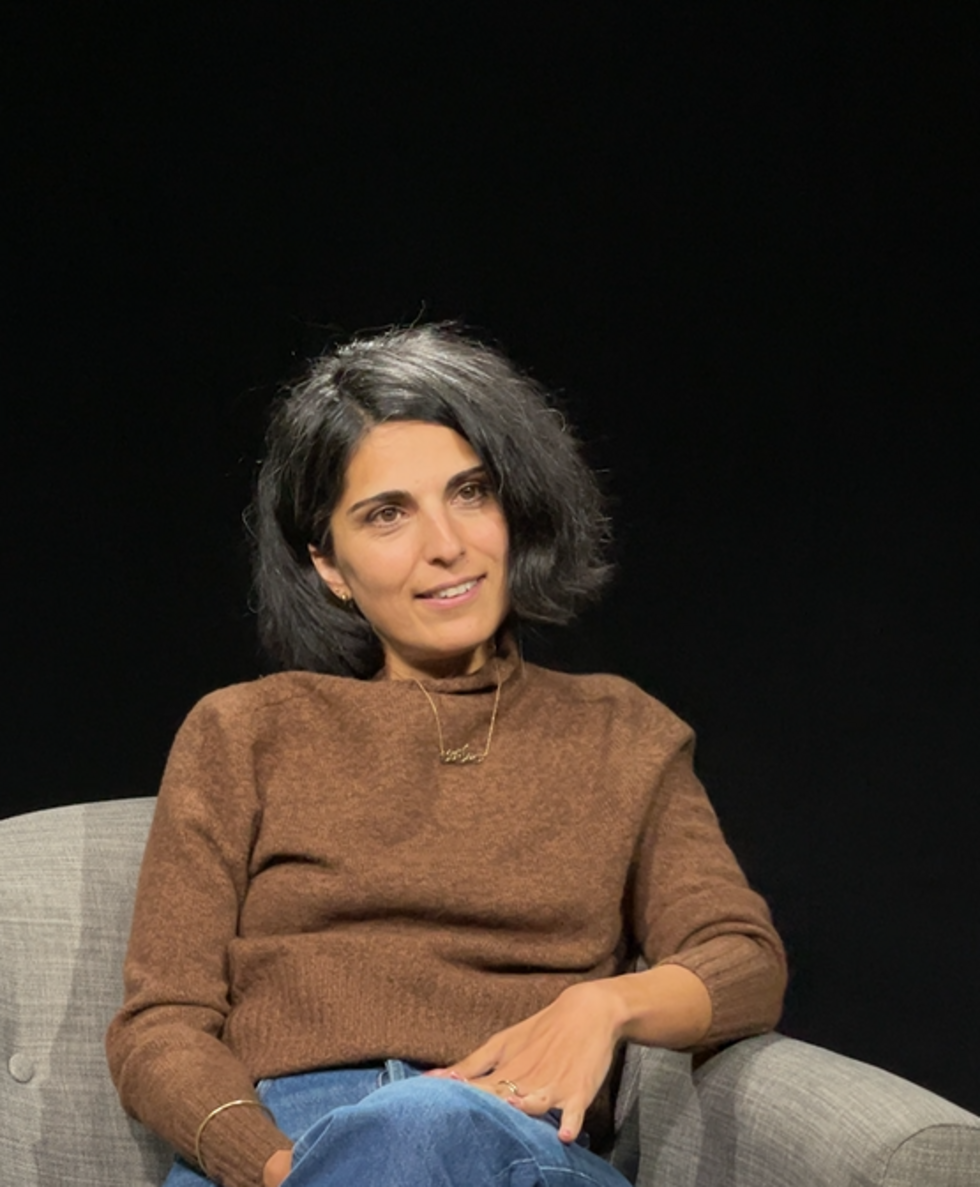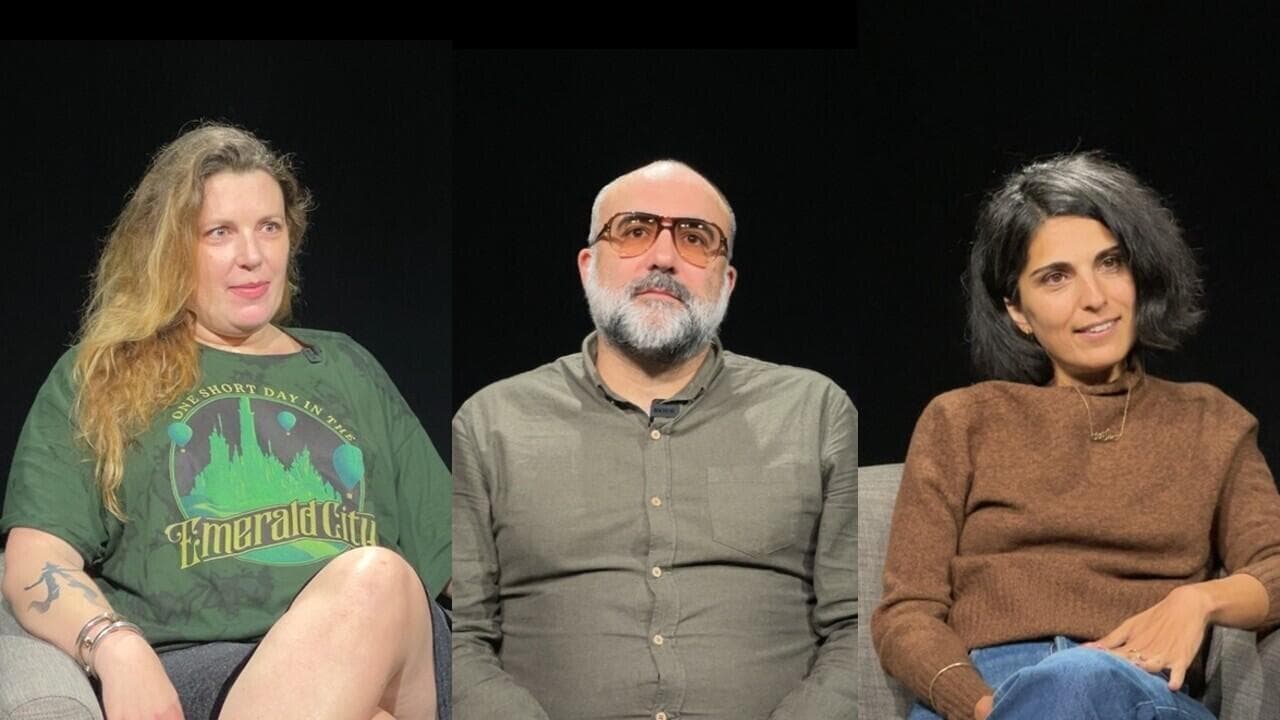The city of lights was plunged into mourning on the night of November 13 ten years ago, when the deadliest attacks ever perpetrated on French soil since World War II killed 130 people and left hundreds wounded. Claimed by the Islamic State (IS) group, the coordinated strikes carried out by gunmen and suicide bombers targeted the Stade de France stadium in a northern Paris suburb, several terraces in the city centre and the Bataclan concert hall in the 11th arrondissement.
An unprecedented trial to convict the perpetrators and others involved in the crime took place over the course of nine months, from September 8, 2021, to June 29, 2022. Marked by an investigation file of over one million pages, more than 2,500 civil proceedings and 327 lawyers, it was the biggest trial to take place in modern French history.
But for survivors of the attacks, turning the page on November 13 is not that simple. Scarred for life, many are still struggling with the consequences of the attacks.
Alix Ikal, 38, Bataclan survivor: ‘I’m too fucked up to have a kid.’

When Alix decided to “play dead” in the pit of the Bataclan concert hall after trying to flee and seeing people “fall like dominoes”, she thought: “I’m 28 years old, it would be a shame to die. I haven’t even gotten the chance to become a mother yet.”
Lying on the floor in silence, she recalled how a gunman had taken people hostage in a Kosher supermarket in eastern Paris months earlier and knew it could take a while for police to intervene. She would have to stay there and lie perfectly still, so that the terrorists would not shoot in her direction. “I tried to keep my cool, at least for the sake of others, so as not to put anyone in danger,” she says.
A few minutes later, after the French Search and Intervention Brigade had arrived, Alix finally stood up and saw “the extent of the horror” around her. Scenes she prefers not to describe, as they would trigger painful emotions. She says she was “lucky” because she wasn’t injured, at least not physically. Her friends also escaped unharmed. But the mental scars from that night run deep. “My journey through post-trauma has been anything but linear,” she says.
“There were periods I was doing quite well, but now I have been off work for five years and it is largely because I kept pushing myself, kept wanting to get back to so-called 'normal life'.” Alix explains that she also struggled with addiction. “Navigating the aftermath [of the attacks] was a different journey for each person affected. One day you’ll be doing fine and the next you’re not, and you’re having a very difficult time.”
Alix loves music. In the year following the attacks, she returned to the Bataclan to see English rock band The Libertines live as a way to reject hatred. But some years, it’s just too hard. “This year, I couldn’t make it to a concert. That’s just how it is,” she says. Alix also gave up on going to the cinema a few years ago because “the sound is too loud and it comes from the sides” of the room, especially when an action film is being screened.
“What we went through was so violent. And the body remembers. When I hear a noise behind me, a loud noise, I’m suddenly thrown back into that moment. Even though I know it’s not a gunshot, I can’t control it.”
The 38-year-old is seeing a therapist and says she also struggles with survivor’s guilt. “I feel guilty for being here while others didn’t make it, and for not doing enough with my life while others don’t have the same privilege.”
Alix wants to share her story to offer a different perspective. “Some survivors get a lot of media attention. I have nothing against them and I am happy if they are happy, but sometimes I feel there is a dissonance between the overarching narrative and how others feel.”
“I don’t have an inspiring story to tell. I haven't gotten married. I haven't bought a flat. My life isn’t a film. I don’t want to have children anymore. I used to, but not anymore. Now I’m too fucked up to have a kid.”
Sébastien Blascou, 46, Bataclan survivor: ‘We shouldn’t neglect the most vulnerable.’

Sébastien lost his friend in the attack on the Bataclan. “Chris wanted to see this band we both knew,” so he invited Sébastien to go see US rock band Eagles of Death Metal with him. Chris came with Sophie, whom Sébastien was meeting for the first time.
“Chris saved Sophie’s life,” Sébastien recounts. “He instinctively pushed her aside to protect her from being shot. She was hit in the hip, while Chris took the other bullets. He died instantly but saved her again when he fell on top of her and covered her, so the terrorists didn’t check to see if she was still alive.”
The ten-year commemoration of the attacks is a delicate moment for Sébastien. “A decade is not that long for those who survived,” he says. “People talk about it because it’s a round number, but that’s mainly the media. Will there be as much attention next year? I think about November 13 every single year and will always think about it.”
Even as time passes, Sébastien insists on the necessity of remembrance and of continuing to care for survivors. “We shouldn’t neglect the most vulnerable victims, for whom it is especially difficult,” he says. “Last year, we lost one after he died by suicide. It is still a struggle for many people. We must stay vigilant.”
As for many other victims, Sébastien’s daily life has fundamentally changed since 2015. “I no longer take the metro; being trapped underground is hard for me. I haven’t been to a concert in ten years, even though I used to go often. No theatre either. Fireworks are also a problem,” he explains. “I went back to the Bataclan twice. Once with an NGO to visit the venue after it was rebuilt, and once before the trial, to retrace my steps.”
Sébastien was among the survivors who agreed to testify during the trial in 2022. “When I went, I didn’t expect anything [from the perpetrators]. I spoke to them, but I didn’t have much to say,” he recalls. “We have to accept that we will never understand why someone would do such a thing and commit such barbaric acts.”
“I mainly went to talk about what I had been through, both on a personal and collective level. But also to speak on behalf of my friend Chris, who is no longer here to tell his story,” he says.
The mammoth trial was also an opportunity for many to forge friendships. “Some of the people I met are like brothers and sisters to me now.” Sébastien says his “extremely solid” friendships “both new and old” are part of what helped him get through the traumatic experience.
In the months following the attacks, Sébastien was unable to work because of a broken foot and torn ligaments – the effects of which still cause him pain and limit his mobility.
These days, Sébastien is mostly focused on “living with” what happened ten years ago, “regaining control” and turning his experience “into a strength”, all while making sure doing so “doesn’t become overwhelming”.
He also visits schools to meet with young students and share his story. “I believe we can make the world a better place and that it is our duty at least to try,” he says. “I want to remain optimistic, perhaps even utopian.”
Bahareh Akrami, 43, survivor of the Carillon bar attack: ‘I needed to leave a trace.’

Before the trial three years ago, Bahareh had not joined any victims' organisations. But as the court drew closer to handing out sentences for the terrorists, she realised that her place was there, with the others. “I told myself I had to be there. I needed to understand what happened, how it happened, who these 14 defendants were.”
On the night of November 13, Bahareh was sitting at a table inside the Carillon bar in Paris's 10th arrondissement when terrorists opened fire at customers on the terrace. She immediately ducked and hid. Outside, the killing spree left several dead and many wounded. Seven months pregnant at the time, Bahareh came out unscathed. “I felt the baby move and I knew she was okay,” she recalls. She quickly found her friends and her partner at the time, who had also miraculously survived. Bahareh’s daughter is now ten years old.
“I am not dealing with any physical damage and I am doing pretty well psychologically, which doesn’t mean that I’ve forgotten what happened,” she says.
Bahareh believes that “when we are doing well, we have a role to play – we must carry part of the story on behalf of those who are struggling, but without speaking on their behalf”. During the trial, she began creating illustrations to share what she was witnessing on social media under the username @baboo_chamailleuse. “I needed to leave a trace,” she explains. Her illustrations later became a graphic novel journalling the nine-month trial.
“I understand that some people want to forget in order to move on,” Bahareh says. “But collective forgetting is dangerous, because these things can happen again. ... Collective memory is essential to protect us from the mistakes of the past,” she says. Bahareh sees the ten-year commemoration as an opportunity to keep the memory of those who died in the attacks alive.

